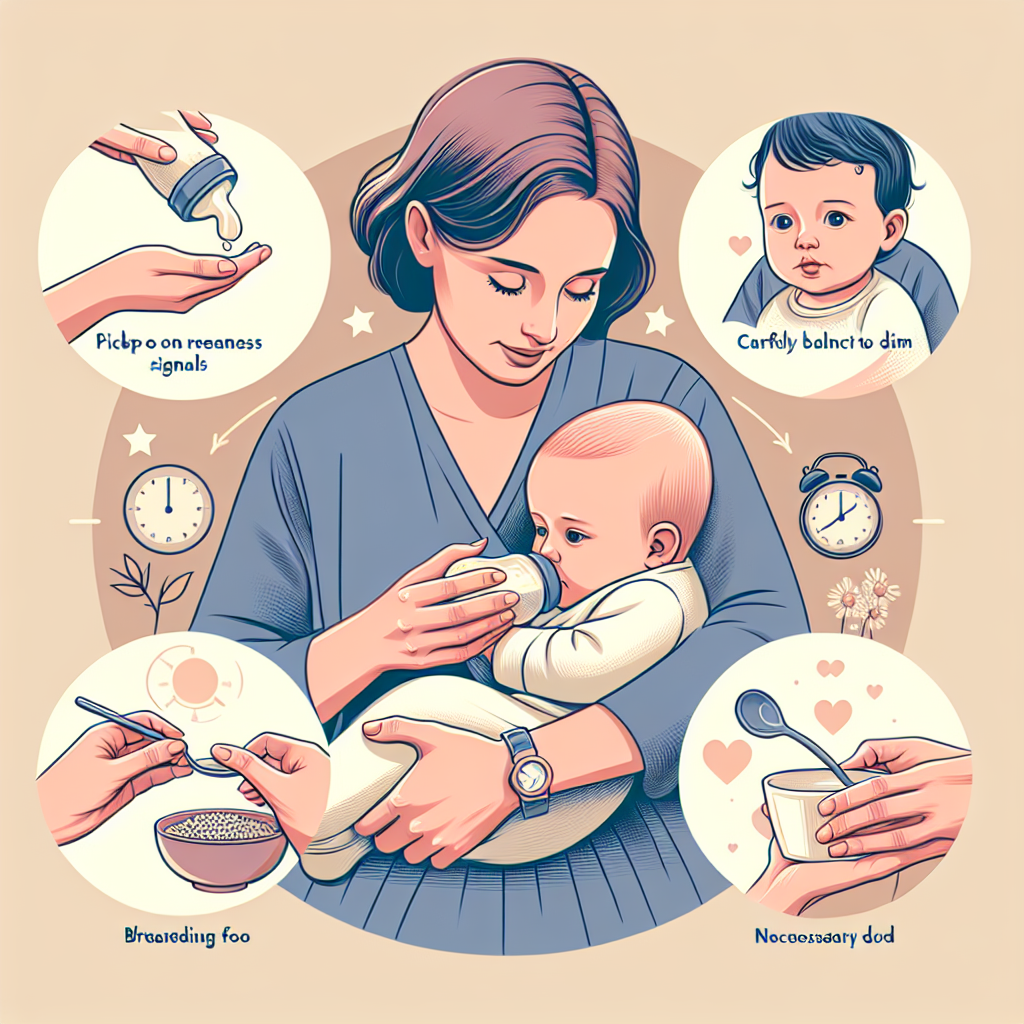Child Development: A Complete Guide to the Essential Stages
When it comes to raising a child, each stage comes with new challenges and achievements. From weaning to adolescence, children go through a series of developmental stages that shape them both physically and emotionally. In this article, we will explore the essential stages of child development and offer tips and strategies for parents who want to understand and support the harmonious growth of their little ones.
The Newborn Period
The first weeks of a baby's life are called the newborn period. During this phase, the baby learns to adapt to the outside world, establish bonds with those around it, and develop reflexes necessary for survival, such as sucking and swallowing.
For parents, it is essential to provide the newborn with lots of affection and comfort, creating a safe and peaceful environment for sleep. Breastfeeding on demand is important, as is responding promptly to baby's signals of hunger or discomfort.
The Infant Stage
This stage, between the end of the first month of life and 12 months, is marked by rapid development both at the motor and cognitive levels. Babies learn to roll over, sit up, crawl and even walk.
During this period, interaction with the baby is crucial for stimulating its development. Play with him, talk to him constantly and give him age-appropriate toys to encourage his curiosity and motor skills.
Toddler Stage
From 1 to 3 years old, children move into the toddler stage, where they discover the world in a more active way. They begin to have autonomy, developing their language and social skills.
This is the time when parents need to set clearly defined boundaries and provide positive guidance. Stories, songs and interactive games are great for encouraging learning and communication.
Preschool period
Children between the ages of 3 and 5 are considered preschoolers. They become even more independent and begin to form a sense of identity.
Structured activities that encourage creativity and problem solving, such as educational games, crafts and drawing, are ideal at this time. Also, socializing with other children is becoming more and more important.
Stage of the Little Schoolboy
Between the ages of 6 and 12, children enter the education system, where they develop academically, socially and emotionally. Reading, math, and science become an important part of their curriculum.
Parental support is essential to encourage learning and help manage the stress associated with school. Setting a regular schedule for homework and extracurricular activities can help create a stable routine.
Adolescence
The last stage of the child's development is adolescence, which begins at the age of 13. During this period, young people seek independence and begin to form their own identity.
Open communication and understanding are vital during this turbulent time for them. Be supportive of your teen, listen non-judgmentally and encourage them to pursue their passions while respecting their need for privacy.
Conclusion
Child development is a complex and beautiful process, full of stages that form its individuality. Parents play an essential role in supporting this process, ensuring that the child has an environment conducive to healthy development, both physically and emotionally.
So, remember to be actively involved in each stage of your child's growth and use the resources available to navigate its challenges. For more tips and strategies, visit the parenting section of our online store or subscribe to our newsletter for news and updates.














































































































































